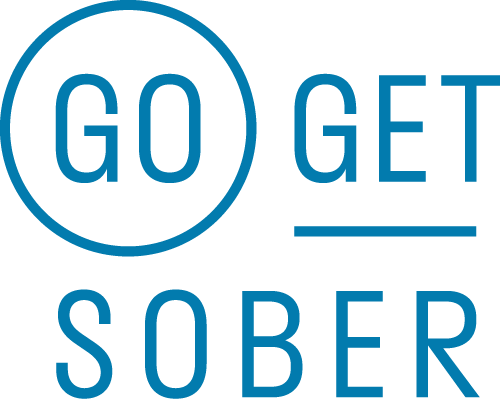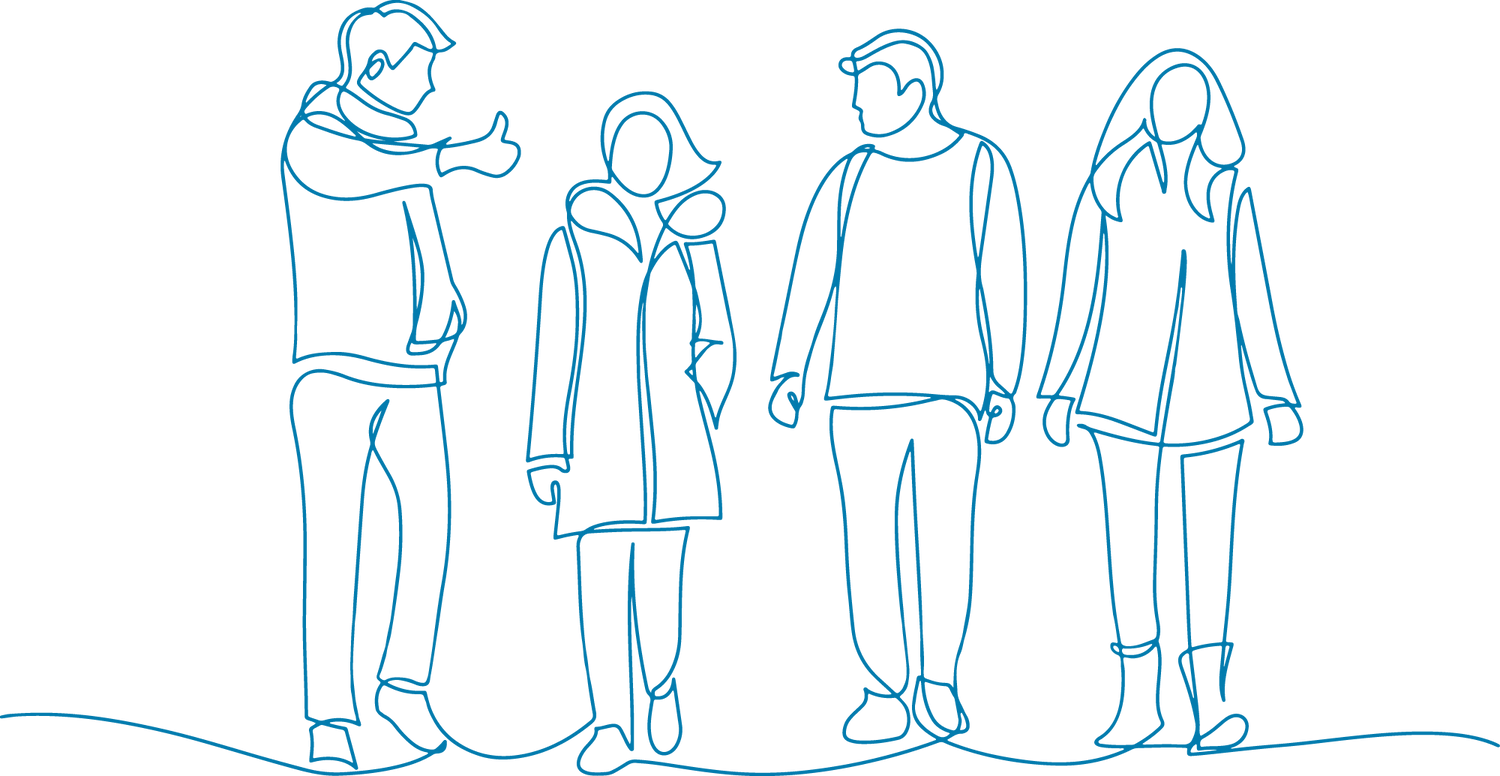How many times did I used to tell myself that I was going to stop drinking completely or not drink this weekend or not drink at the party or go a month alcohol-free, only to end up reaching for alcohol and feeling like a failure?
How many years did I spend thinking about stopping drinking and not actually doing it?
And then, on the many occasions I did stop drinking, how many times did I go back to alcohol again and beat myself up about it?
If you have an unhealthy relationship with alcohol and have stopped drinking only to reach for alcohol again, if you have ended up feeling like a failure because you haven’t stayed sober like you wanted to, I want to reassure you this is completely normal.
Many of us struggle when we first stop drinking. It’s because there’s a battle going on between our conscious desire to stop drinking (the logical part of our brain that understands all the benefits this will bring us) and the unconscious part of us that has created a pattern out of our drinking behaviours and made them into an ingrained and habitual response to a range of triggers.
Sometimes I would go a few days sober and then cave (usually at the weekends). Other times I’d go a few weeks and then cave again. I even managed to go a whole year once and then “allowed myself” a white wine spritzer at a family gathering. Well, that one white wine spritzer was all the permission my mind needed to take me back down the same old track and it then took me another couple of years before I was ready to stop completely.
This doesn’t make me a failure – quite the opposite – it makes me a success. All these struggles and hiccups and blips were part of my journey – they helped me to learn what worked and what didn’t and they helped me to eventually get it right. And, it will be the same for you. When you can see that learning to live life sober is like learning a new skill and it takes a lot of practise to get it right, it really helps you to approach things with a positive mindset and keep you motivated. You can learn from when it goes wrong and get it right the next time.
It can be demotivating to compare ourselves with others who are further down the track than us. I used to hang around on forums where everyone else seemed to be waxing lyrical about their 6 months or 2 years sober and how amazing their life was and I used to feel despair. All I could see was a long, lonely and boring road ahead and I couldn’t ever imagine myself getting that far. I used to think there was something about me that made it impossible for me to ever achieve that. I used to feel so envious.
But, when you can flip this kind of thinking around so, instead of comparing your experience to others’ experiences, you compare and measure your progress against your own “timeline” (eg. what you’ve achieved this month compared to what you achieved the same month a year ago. Or, what you’ve achieved this week compared to what you achieved last week) you get to recognise and acknowledge your achievements more. This helps you feel more positive and motivated.
When you can take each “blip” as a learning opportunity, an opportunity to improve, it stops you from beating yourself up and also helps you feel more positive and motivated.
If you do have a blip, you can reassure yourself that it’s okay, you’re learning a new skill, you’re going to make mistakes sometimes and you need to keep practising - every single one of us makes these mistakes. You can reflect on what happened and ask yourself these eight questions so that you can learn from it and deal with things differently in the future:
- What was the trigger point? What was the precise moment that led me to drink?
- What actually happened?
- How did it make me feel? (At the time and afterwards)
- When did I start feeling bad that I’d done this?
- What can I learn from this?
- How could I do things differently next time I’m facing a similar situation/trigger?
- What needs to happen for me to do things differently?
- Do I need any support to help me do things differently next time?
It’s important to go easy on yourself and nurture your motivation rather than damage it. Using any blips you encounter as a way of getting feedback rather than failure helps you do this. Blips give you feedback on what works and on what you need to do differently. But they can only do this if you spend some time reflecting on what happened and working out what you can learn from them.



3 comments
Hi Kim, If drinking in excess one day a week feels unhealthy and you want to stop doing it, that’s a good reason to stop. Have you read this blog: https://gogetsober.com/blogs/blog/do-i-need-to-stop-drinking With the right preparation and mindset, you can do a month sober – It’s all about pumping up your motivation to keep yourself strong. You can always email me on admin@gogetsober.com if you want some advice… Thanks for your comment!
I keep telling myself I’ll do “dry” February etc and fail. I work full time as a nurse and drink 1 day a week. That one day a week is drinking in excess though.
Hi, thanks so much for sharing this article! Excellent!!! It really helped.
I can’t seem to get on a current page in Facebook. Well, I was exactly where I needed to be. Thanks again! 💖